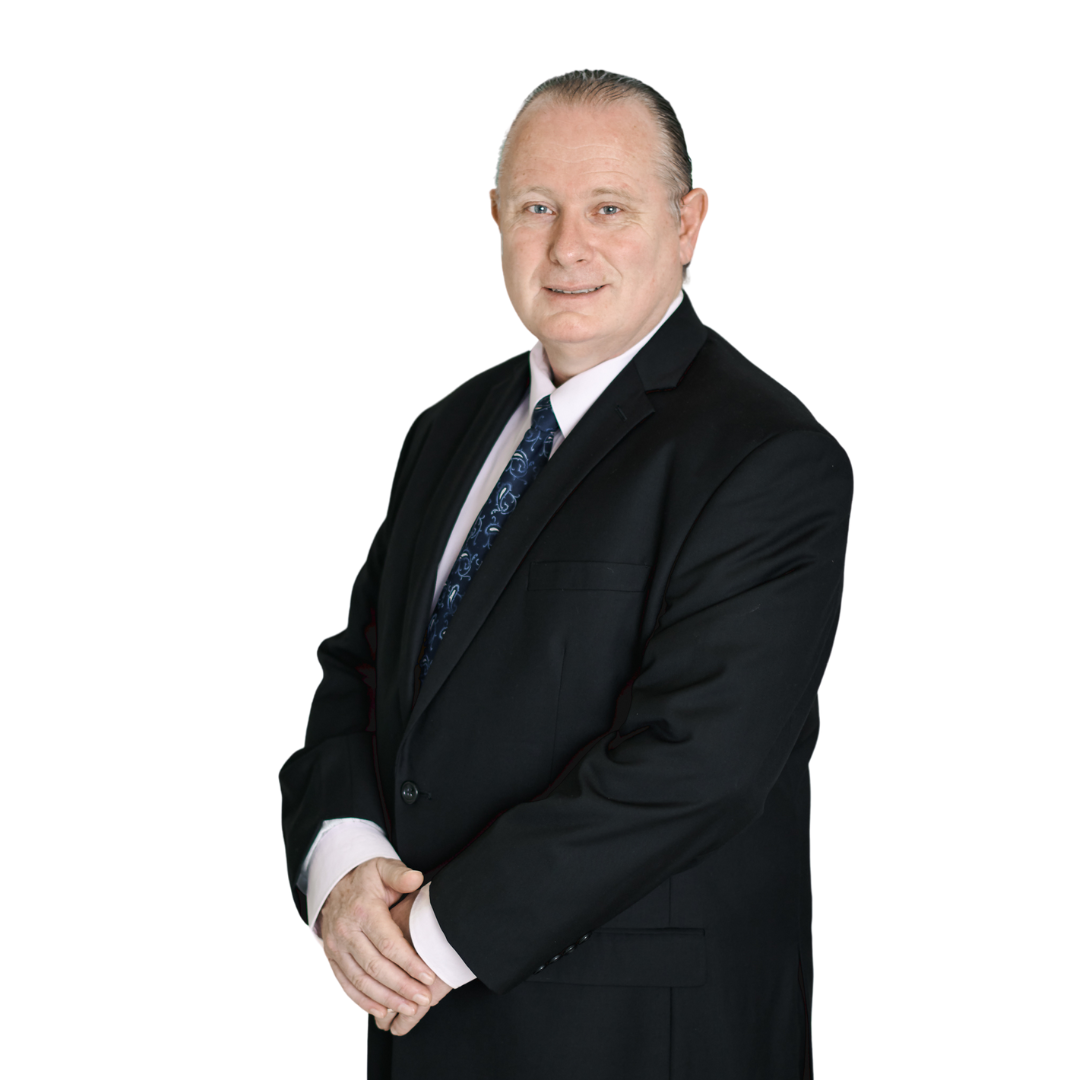
Once you have reached the point where you have your own portal at the tax authorities, you can search for the year for which you wish to file an income tax return. It is currently already possible to file an income tax return for the year 2022. When submitting the returns online, information that is already known to the government is not pre-filled in the tax return form. For example, if someone is privately insured, a statement from the Social Insurance Bank must be uploaded as proof of not being insured for the National Ordinance on Basic Health Insurance. Unfortunately, this information has not been passed on by the Social Insurance Bank to the tax authorities and has subsequently already been completed. No, you have to do that yourself. No further income information has been entered. That is of course also a shame. It would be nice if income information known to the government had already been completed. If questions arise when completing the online portal, little or nothing is explained in the online portal. For an explanation, the tax authorities' website should be consulted. It is difficult to search here, but an explanation can be found. Obvious questions can be answered based on this explanation. For a more complex situation, you should check the legislation or engage a tax advisor to complete the form as accurately as possible. If the form has been completed, the income tax due will not be calculated from the system. This is a missed opportunity. It would of course be nice if the tax was calculated automatically. You would think that should be possible in this day and age. What is important for the taxpayer is whether the deductions have been filled in correctly. Below are a number of important deductions that can be made. The purpose of filling in these deductions is that less income tax is due.
For most homeowners, the option to deduct interest costs from income is by far the most important deduction item. After all, without this deduction, a large proportion of homeowners would not be able to finance their property. Mortgage interest in Curaçao is deductible to a limited extent. For loans taken out on or after August 1, 2000, homeowners may deduct a maximum of 27,500 guilders in mortgage interest. This amount also includes the premiums paid for a term life insurance policy that is linked to the mortgage loan. The interest on mortgages taken out before August 2000 remains deductible indefinitely. Moreover, not only the interest paid is deductible; Any costs related to the loan are also deductible. This includes, for example, the closing commission that the bank charges, the appraisal costs of the home that the bank requests to assess whether the loan can be granted and the costs of the mortgage deed. The transfer tax owed and the notary costs relating to the deed of transfer are not deductible. People who take out a loan to finance the purchase of a second home (for example a holiday home) cannot deduct the interest and costs of this loan from their income as interest costs for their own home. However, this group is subject to the general possibility of deducting consumer interest of 2,500 for unmarried people and 5,000 guilders for married people.
There is a tax deduction for studying children. Anyone who thinks they can deduct all study costs for children in their income tax return will be disappointed. The tax authorities in Curaçao have a particularly strict policy with the aim of limiting the deduction of study costs as much as possible. Children's study costs are not always deductible. In principle, only the so-called “pure study costs” are deductible. For example, costs for computers are not deductible. Strange, of course, in a time where studying without a computer is unimaginable. Furthermore, costs of room rent and living expenses for the studying child are not deductible. In addition, a distinction is made between children studying in Curaçao and children studying abroad. The pure study costs only include the costs of school or tuition fees, books and other compulsory teaching materials and one plane ticket per child per year. Costs incurred for, for example, computers, printers, tablets, calculators and internet subscription are not considered pure study costs. Telephone costs to maintain contact with the studying child are also not deductible. Subsequently, the pure study costs are not deductible indefinitely. The maximum amount of deduction for study costs is 10,000 guilders per child, per year. For married couples this amount is 20,000 guilders. Finally, a deduction is only possible for children up to and including 26 years of age who are following an MBO, HBO or university education.
There are also various tax deductions that may apply. For example, the deduction of extraordinary expenses for medical expenses and maintenance of close relatives is possible. Donations to charities and maintenance costs for listed homes are also deductible under certain conditions. Furthermore, the repayment of your own student debts is also deductible up to a maximum of ANG 10,000. This is an interesting deduction for people with student loans who are already paying off. So-called thresholds apply to some deductions. A threshold is that only large expenses that exceed a threshold can be deducted. This is to avoid having to take every small amount with you. There are also thresholds that cap a deductible item. These are linked to income. If it becomes too complicated to complete the tax return yourself via the tax authorities' online portal, you can contact a tax advisor.
